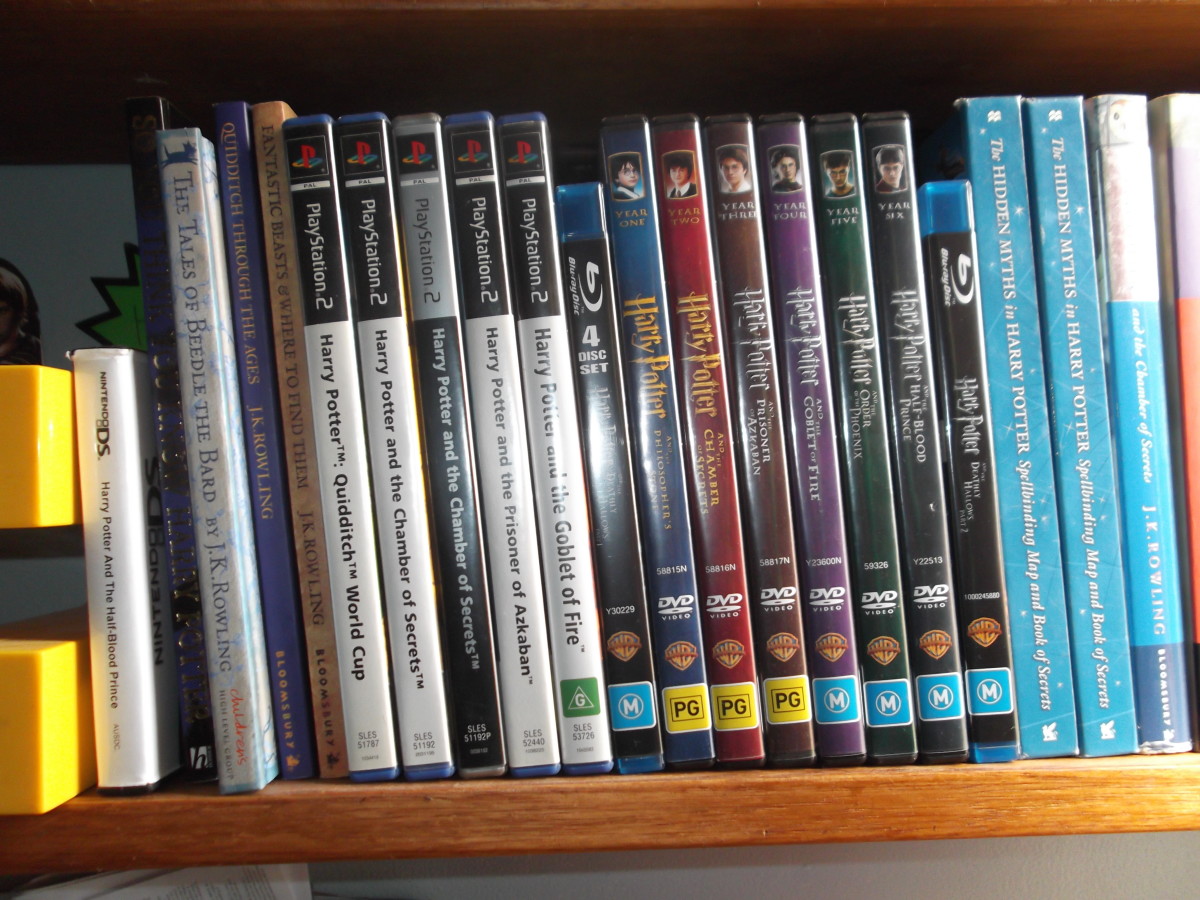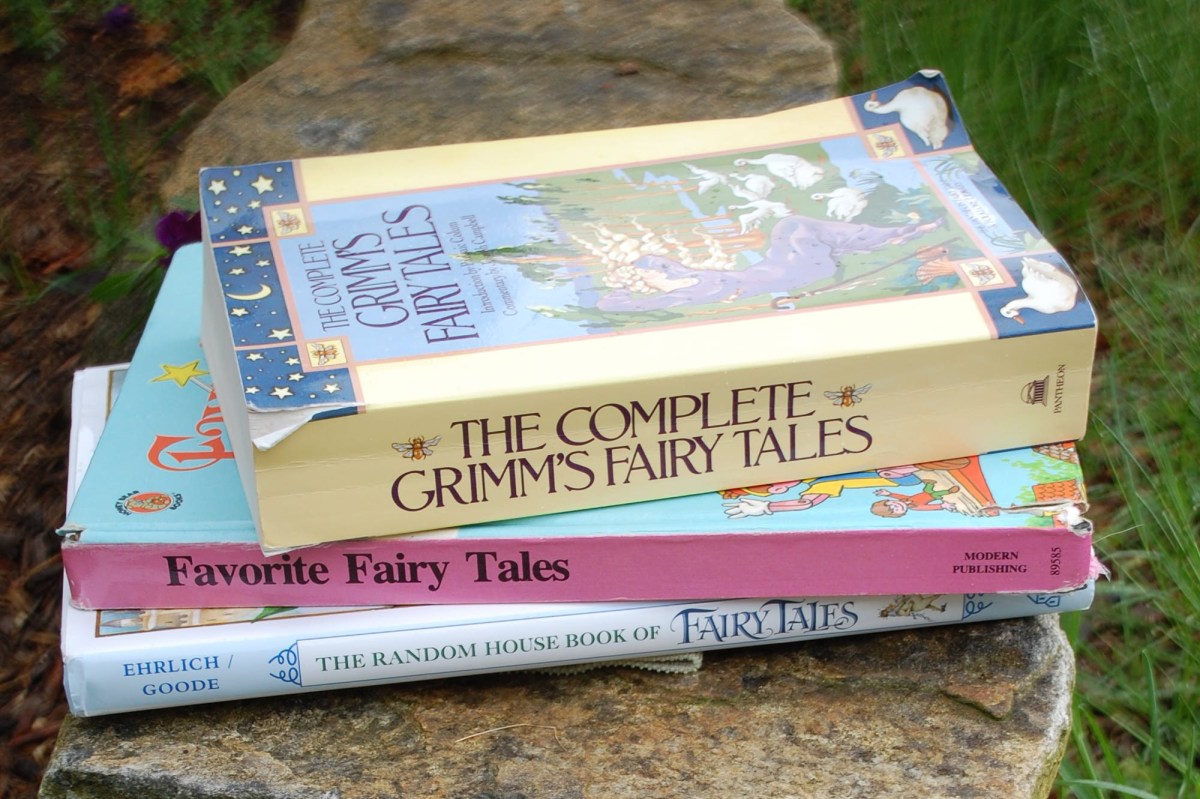SO YOU WANT TO WRITE FOR CHILDREN?
CHILDREN AND EDUCATION

CONCEPT OF WRITING CHILDREN'S BOOKS
First things first so – why do you want to write for children? If you can’t answer this question to your satisfaction you might as well give up the ideal.
Many of us who have children of our own believe we are certain of success in this field, because we can capture the attention of our own children with our stories. Perhaps we believe we are good at reading stories to group of young children, for instance in nursery school, at libraries or at parties. But remember that most young people will listen attentively for a while, always hoping the story will “get somewhere interesting”. It is not unless they ask questions that you can be sure they are really captivated. If you can make them gasp or laugh better still. You can read other people’s stories. But your own?
Your children probably only want to hold you with them when they clamors for a” bedtime” story’ every night. They don’t really mind what the story is about. It is their way of showing their power over you and of putting off the devil moment of “light out”.
The writer of stories for other children has to learn how to first grab and then hold their attention from the moment the opening words are read on the page.
You may be very good indeed at reading aloud the stories of others – coloring the narrative with light and shade, imitating the speech of the characters and so on – but that is being a good reader. You want to be a writer.
It is possible that the attraction of writing for children rather than for adults lies in the feelings that you are not up to the latter: perhaps not well enough educated, or perhaps do not have the gift for words. It is easier, you think, to write for children.
This is a very mistaken ideal. Adults will swallow the most arrant rubbish as long as it is of the kind they like, whether romance, science fiction, thriller, or melodrama. All they seek is escape from a dull routine. The expectations of children are much higher: their imagination is without limit; their horizons never reached. Their thirst for knowledge, for facts about the world, for fantasy about dream or fairy figures and for deeds of fame and glory is boundless. Life has not caged their minds with reality; they can believe anything provided it is presented in its most exciting, glowing, enchanting, endearing terms.
Don’t disappoint them. You will, if you think it is easy to write for children.
If you want to give young readers something of their imagined world it may be that it is because you were deprived of fun and fantasy yourself when you were young; perhaps you were never settle but wandered about with a rootless family, one where your parents had to ‘move with the job’. It is then more than likely that you want to write about the home you never had: to tell children who have such a home how precious it is, to tell others who, like you, have never known it, what it can mean. You have a Cause to write about, and one that children through the ages have understood. What child does not build ‘a little house’ in play?
Perhaps you knew poverty as a child; then you may want to write about the luxurious, plush world you always dreamed of but never experienced. Perhaps you had no book in the family and no one told you stories, then you will be full of the fantasies you wove in your own imagination and can pass them on. Many first class writers for children, but for the child in themselves who was never satisfied when young.
If you were a ‘poor little rich girl/boy’, stifled by having to behave perfectly in an adult’s world, you may make the best writer about living in poverty or, conversely, you may reproduce the luxury world you hated for the satisfaction of the deprived child. It all depends what you want to write about.
Children are born curious and as they grow older they need to know everything that is outside their own experience. At the same time they feel comforted by the familiar. They need both worlds – the known and the unknown. So fact and fiction are equally fascinating and need only be presented in the most palatable form to be swallowed with relish, like an appetizing meal.
So far we have two answers to the query ‘Why do I want to write for children?’ One is positively wrong, the other right. The wrong answer is that you can tell stories to children and you believe they like them. This is no proof that you can write for children; for they are other people’s stories or they are your own stories told to your own uncritical children. To tell stories to a captive audience is no proof that you can write them.
If, however you say, I want to satisfy the child in me, and then you have the right answer. If you can really satisfy that child in you, your heart is in the telling of the story, and children will respond. Writing for children ‘out there’ whom you think you can please be not enough: you are treating them as strangers. The child in you is far from being a stranger, so pleasing that child means you can’t go wrong.
Publishers believe steadfastly that the public should have what it wants, and of course they all think they know what that is. Since children are also ‘the public’, publishers serve up what they believe children want. If they are prepared to spend money on promoting and advertising a book which they think will sell, they often prove they have chosen well, for people always fall for a ‘hard sell’ and it is mostly adults who buy book for children. If everyone is reading a book and talking about it, then it must be good, mustn’t it?
Children are not so gullible, especially when young. They make their own judgments’. True, they like to be sure they are going to enjoy a story when they take a book out of the library by an author they know. That is why a series of the kind where the same characters appear has such am appeal. The reader is getting what they expect. But in between this kind of reading they want to be jerked to attention by something quite different, something that lights up the imagination. They don’t know they want this, not until it happens. It is a surprise and the child in all of us loves a surprise.
The third answer to ‘why do I want to write for children?’ may well be the best. It is because that particular story is right for children and not for adults; it could not be told to adults, but it can for children.








